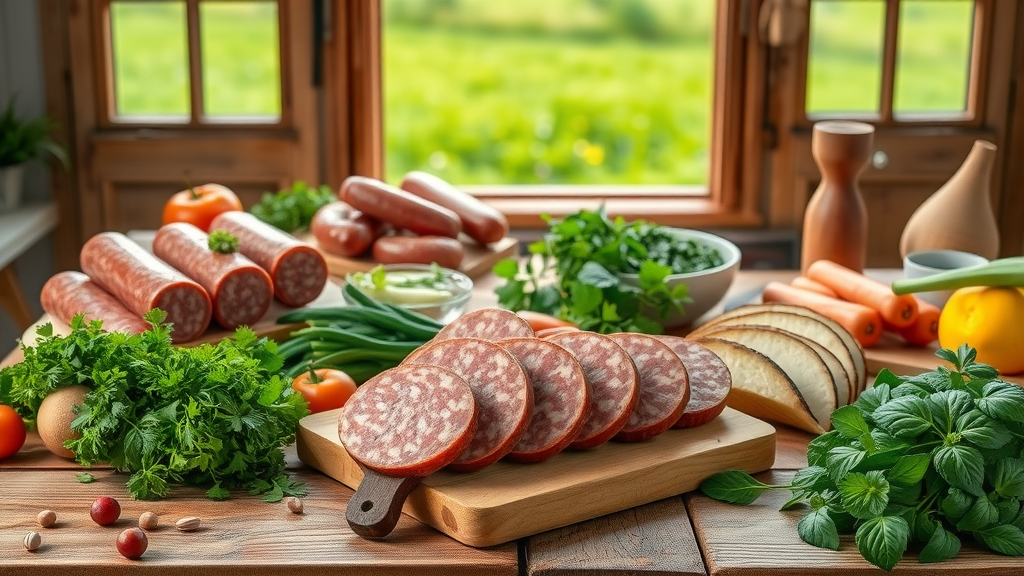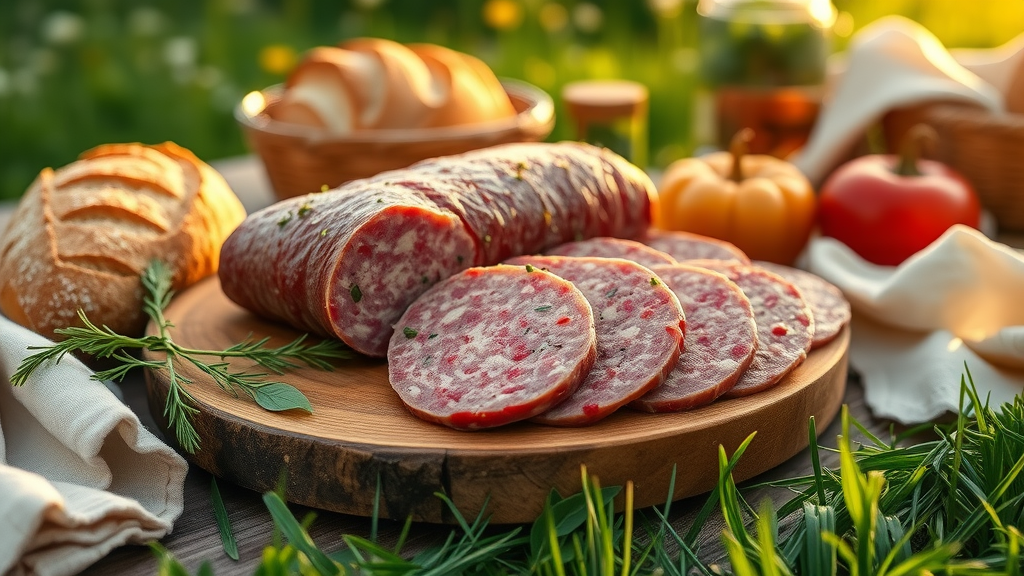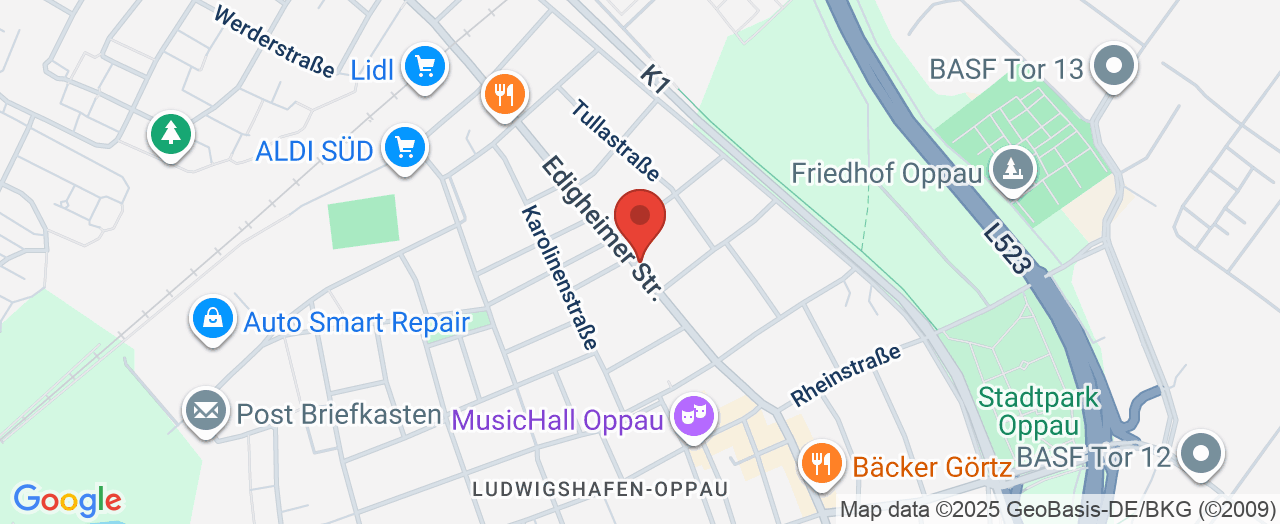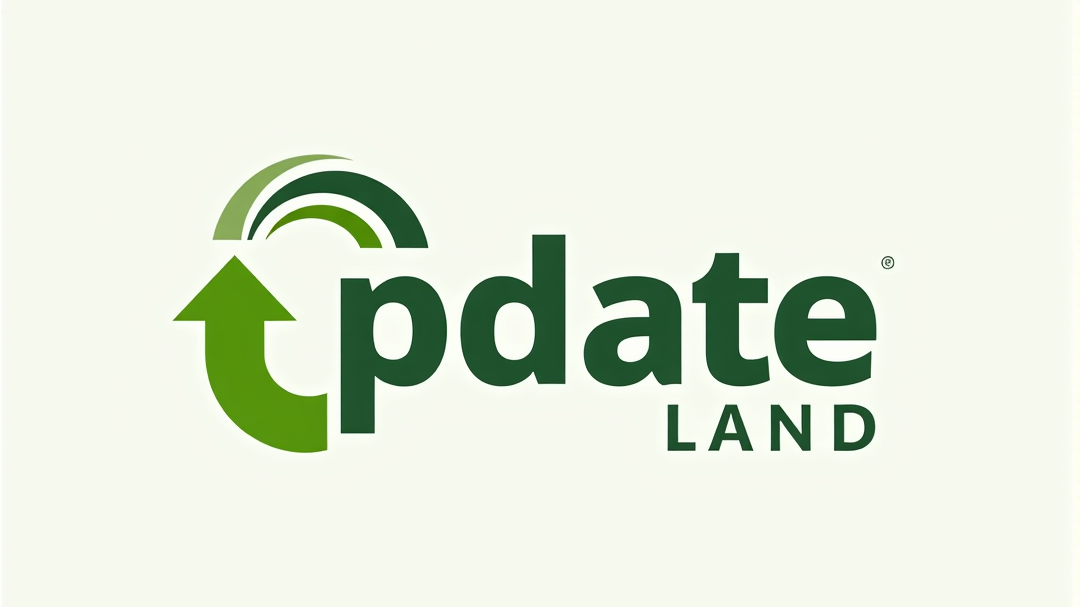The Growing Demand for Certified Organic Sausage – Why What’s in Your Wurst Matters More Than Ever
Have you ever considered what truly goes into the sausage on your plate? In a world increasingly concerned with health, environmental sustainability, and food authenticity, the question of how our food is produced is more relevant than ever. Certified organic sausage—often called zertifizierte Bio-Wurst —stands at the intersection of these concerns, offering a meaningful alternative to conventional options that are often loaded with synthetic additives and questionable origins.
Today’s consumers are searching for more than just flavor—they want assurance. Assurance that the meat comes from animals raised with respect for their wellbeing. Confidence that the ingredients are free from artificial enhancers like glutamate, synthetic aromas, and colorants. For many, the journey to better eating begins with understanding such quality signals. Yet not everyone knows what separates a certified organic sausage from its industrial counterpart, or why these details have tangible impacts on health and planet alike. Unpacking these differences is essential for anyone striving to make better choices for themselves and their communities.
Understanding Certified Organic Sausage: Beyond the Label to What’s on Your Plate
What exactly sets certified organic sausage apart from the rest? At the heart of zertifizierte Bio-Wurst is a regulatory promise: strict adherence to the guidelines of the EG Öko-Verordnung, the European Union’s regulation for organic agriculture. This standard means more than just eschewing pesticides or choosing premium cuts of meat. For sausage to be “Bio-zertifiziert,” the entire lifecycle matters—from animals raised under controlled organic conditions to every last herb, spice, and ingredient. This includes using meat only from animals reared on certified organic farms where animal welfare takes precedence and where antibiotics and growth hormones are strictly limited.

But the distinction deepens. All supplementary ingredients, whether peppercorns or onions, must also be organically grown. Certain practices are outright banned: artificial phosphates, glutamates, colorants, emulsifiers, and a wide array of chemical preservatives are excluded. This is not mere bureaucracy, but a health and environmental stance. Failing to appreciate or understand these differences can mean unknowingly introducing yourself to hidden risks like cumulative chemical exposure, and missing out on the authentic flavors nature intends. Not every “natural” or “artisan” sausage can make these claims—certified organic is a guarantee built on inspection, documentation, and sustained ethical practice.
Why Certified Organic Sausage Is a Winning Choice for Taste, Health, and the Planet
Turning to certified organic sausage isn’t simply about checking a box for health—it's about experiencing authentic food, crafted according to time-honored principles and ecological responsibility. Businesses such as Organic meat processing Micol - With love for nature act as expert voices in this space, adhering to a philosophy that is “one with nature.” Their entire approach—from sourcing meat only from controlled organic animal husbandry to blending ingredients grown under strict organic conditions—embodies this commitment. This yields a product with flavor that comes purely from nature, not from chemicals or artificial boosters.

For those prioritizing their well-being, these sausages offer an added peace of mind. Without phosphates, artificial flavor enhancers, synthetic colorants, or emulsifiers, zertifizierte Bio-Wurst minimizes unnecessary chemical intake. Each bite carries transparency—you can inquire about every ingredient and trace the source of each cut of meat. This openness not only benefits health-conscious individuals but also those who appreciate food made with respect for ethical standards. In the wider context, each purchase supports agricultural systems working in harmony with the environment, benefiting both personal and planetary health.
Choosing Certified Organic Sausage Means Supporting Animal Welfare and Authentic Tradition
One unique benefit of certified organic sausage lies in the unwavering attention to animal welfare. According to the philosophy rooted in being “one with nature,” the animals destined for organic processing are raised with space to roam, access to the outdoors, and feed free from pesticides or genetically modified organisms. Such husbandry not only grants respect to the creatures but translates into a purer, cleaner-tasting meat. By supporting these standards, consumers help foster a cycle of agriculture that recognizes the interconnectedness of farm, environment, and plate.
In addition, artisanal traditions are kept alive through the careful handcrafting of recipes. Specialist butchers employing their own homegrown formulations, combined with modern processing techniques that comply strictly with organic regulations, ensure each sausage is both rooted in heritage and attuned to contemporary expectations of quality and ethical practice.

Understanding Ingredient Transparency: Why Knowing What’s Inside Matters More Than Ever
Transparency in food production signifies more than mere labeling; it's a fundamental element of trust between producer and consumer. Certified organic sausage producers provide full disclosure on all ingredients, openly inviting customers to inquire about anything from the source of meat to the nature of every spice. This transparency isn’t an afterthought but a core tenet of what it means to be Bio-certified. In a market often clouded by misleading “natural” claims and vague product descriptions, this open-book approach is refreshingly honest and empowering for consumers wanting to make truly informed choices.
Seasonality and Variety: How Organic Sausage Connects You With Local and Sustainable Eating
Embracing certified organic sausage often means enjoying a broader and more dynamic selection, aligned with the rhythm of the seasons and local agricultural cycles. Ranging from beef, veal, pork, and poultry to seasonal wild game, the offering reflects a flexible, sustainable approach—using what is available and optimal at any given time. This diversity reconnects consumers with the natural world and supports regional farming networks, making each market visit or order a different experience rooted in both environmental consciousness and culinary adventure.
Organic Philosophy in Practice: “One With Nature” as the Guiding Principle in Sausage Innovation

The ethos of “one with nature” forms the bedrock of businesses like Organic meat processing Micol - With love for nature. This principle is not simply a tagline, but an actionable mission informing every stage of their production, from the initial selection of livestock and feed to the final hand-prepared Bio-Wurst. Their unwavering compliance with the EG Öko-Verordnung—and their strict avoidance of phosphates, artificial flavorings, and colorants—set a benchmark for others in the industry. It is this meticulous blend of tradition and modernity that sustains their reputation for excellence.
Their expertise is further manifested in their careful curation of both meat and supplementary ingredients, sourced exclusively from certified organic origins. This commitment is echoed in their openness: customers are encouraged to learn about the origin and rearing of the animals, and even pre-order products with a clear guarantee of what they’ll receive. By fostering a culture of trust and transparency, these philosophy-driven businesses signal not just compliance, but leadership in a space growing ever more critical to health, ethics, and sustainability.
The Real Taste of Satisfaction: What Customers Say About Certified Organic Sausage
The true measure of quality often comes from the voices of everyday eaters, those who experience the difference firsthand at their family tables and celebrations. One such review eloquently captures both the delight and the reassurance that come from serving certified organic products at a special occasion:
Catering for our confirmation. What can I say? It was simply delicious and more than enough. You can taste the really good cooking here, without any added flavors. Whether it's the meat or the side dishes, it's really good. Excellent value for money. Recommended.
This firsthand reflection underlines the very best outcomes of choosing zertifizierte Bio-Wurst —not mere satiation, but genuine satisfaction, authentic flavors, and the peace of mind that comes from putting truly good food on the table. For families and individuals alike, making the step toward certified organic choices is a tangible way to invest in health, ethical foodways, and daily enjoyment.
What Certified Organic Sausage Means for the Future of Food Tradition and Conscious Eating
In a changing food landscape, certified organic sausage offers more than a dietary preference—it offers a vision for the future of food, where transparency, animal welfare, taste, and sustainability intersect. The dedication shown by expert-led producers, as exemplified by Organic meat processing Micol - With love for nature, shapes this field with a strict adherence to eco-friendly principles, ingredient transparency, and culinary integrity. Choosing zertifizierte Bio-Wurst is a conscious step toward healthier living and a more responsible relationship with both food and the earth.
Ultimately, informed choices around zertifizierte Bio-Wurst empower individuals to become stewards of their own wellbeing and of shared ecological futures—making every meal an opportunity to support a system grounded in care, tradition, and real quality.
Contact the Experts at Organic meat processing Micol - With love for nature
If you’d like to learn more about how zertifizierte Bio-Wurst could benefit your diet and lifestyle, contact the team at Organic meat processing Micol - With love for nature.
📍 Address: Edigheimer Str. 65, 67069 Ludwigshafen am Rhein, Germany
📞 Phone: +49 621 654653
🌐 Website: http://www.bio-metzgerei-micol.de/
Organic meat processing Micol - With love for nature: Location and Availability
🕒 Hours of Operation:
📅 Monday: ❌ Closed
📅 Tuesday: 8:00 AM – 12:30 PM
📅 Wednesday: 8:00 AM – 1:00 PM
📅 Thursday: 8:00 AM – 12:30 PM, 2:30 – 6:00 PM
📅 Friday: 8:00 AM – 12:30 PM, 2:30 – 6:00 PM
📅 Saturday: 8:00 AM – 1:00 PM
📅 Sunday: ❌ Closed

 Add Row
Add Row  Add
Add 





Write A Comment